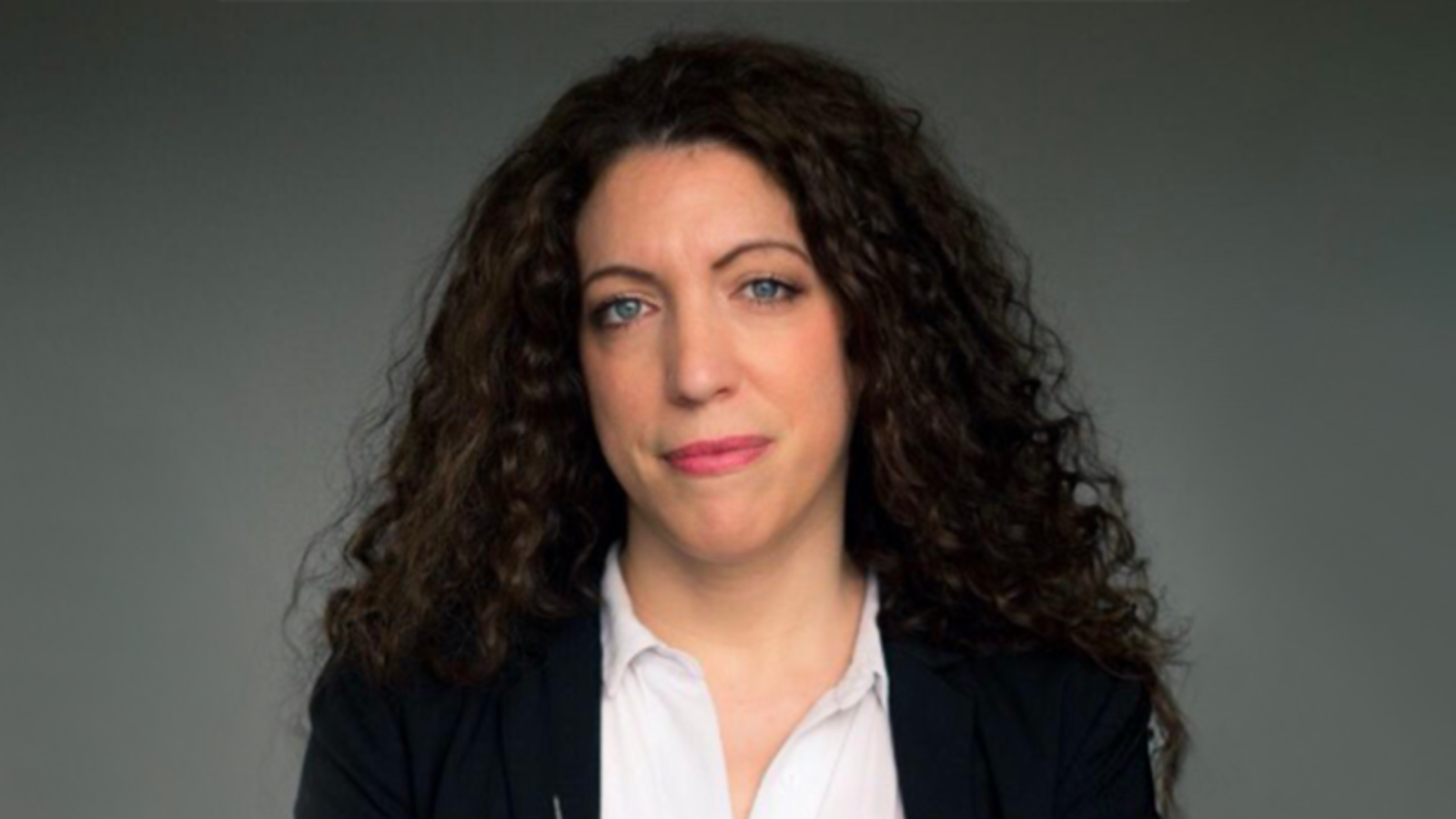
Rotate your tablet
for a better experience


Rotate your tablet
for a better experience

Charlotte, a Franco-Italian, multilingual business manager, has been working in aerospace for 14 years, gaining experience in a number of countries and major space companies in Europe. Today, she is responsible for Business Development at ArianeWorks.
I joined ArianeGroup in 2016 in future commercial launcher programmes, particularly European Space Agency (ESA) flagship programmes such as Prometheus®, Europe’s very low cost reusable engine demonstrator running on liquid oxygen and methane, and ISRU (In-Situ Resource Utilisation), the lunar surface experiment mission that will be launched by Ariane 6.
I then joined ArianeWorks when it was created in February 2019.
ArianeWorks is the acceleration platform launched by the French space agency CNES and ArianeGroup two years ago with the aim of gaining several years in mastering reusability for European launchers and working in open innovation with European start-ups.
It is therefore an innovative public-private partnership, bringing staff from the two entities together. Its main mission is to speed up implementation of the Themis programme, the low-cost, reusable first stage demonstrator.
We are a small team, but very dynamic and highly diverse in every sense – experience, age, expertise, gender, etc. And above all, we are very united. And while we truly are facilitators and disruptors, that doesn’t mean we work in isolation: we can count on the experience of the 10,000 “rocket scientists” in our parent companies and the direct support of our management.
Coordination, transparency, information and communication with these teams are fundamental. Without engineering and the support functions, this adventure wouldn’t be so successful!
We were given set goals and freedom to organise ourselves. While that might worry some people, it was an advantage for us. To begin with, there were about twelve of us, and after listing all our skills, we took the best of each person. That way, our responsibilities and different areas of activity are clearly defined.
And today, the results suggest that it was a good idea, with the subscription of the first Themis phase at the last ESA Ministerial Conference meeting, the various experiments carried out with SMEs/start-ups and the implementation of the Agile working method, which brought a real change compared to what we were used to. The results are good and above all tangible.
Innovation has always guided my career and experience, particularly at ArianeGroup, so my move to ArianeWorks when it was created felt like a natural step. The idea of giving the best of my previous experience to a group that aims to impact the future of European launchers was very appealing and also a sizeable challenge!
I actively look for funding for Themis, via innovative partnerships, mainly with regional, national and European institutional customers.
Space was not a vocation, unlike my engineering colleagues. I obviously loved space and astronomy, like all kids do, but the passion developed when I began working in aerospace by chance. My employer at the time needed someone who was fluent in Italian and French and knew the two cultures. And I fit the profile.
Space is part of my life. I’ve even travelled to watch launches during my holidays. I can quite easily set my alarm at three or four in the morning to watch a launch or trial live, just for the pleasure. And I like to share it with my family and friends, for example by giving children ‘space’ toys in the hope that they will one day become engineers! (she laughs)
If you don’t have a technical background, you need to be determined and able to adapt. You must stay motivated and show what you’re worth. You must also take an interest and learn, because you can’t do a good job if you don’t know what you’re talking about. You should never be afraid to ask the engineers questions, they love sharing their knowledge. It really is a privilege to be able to work and progress with them.
Well I definitely don’t dream of travelling into space. No way! (she laughs) But I do have two big dreams. I would like to rid space of its debris. We are forerunners in Europe in Clean Space programmes and we must keep it up. And, of course, I also dream of seeing a European module land on the Moon!